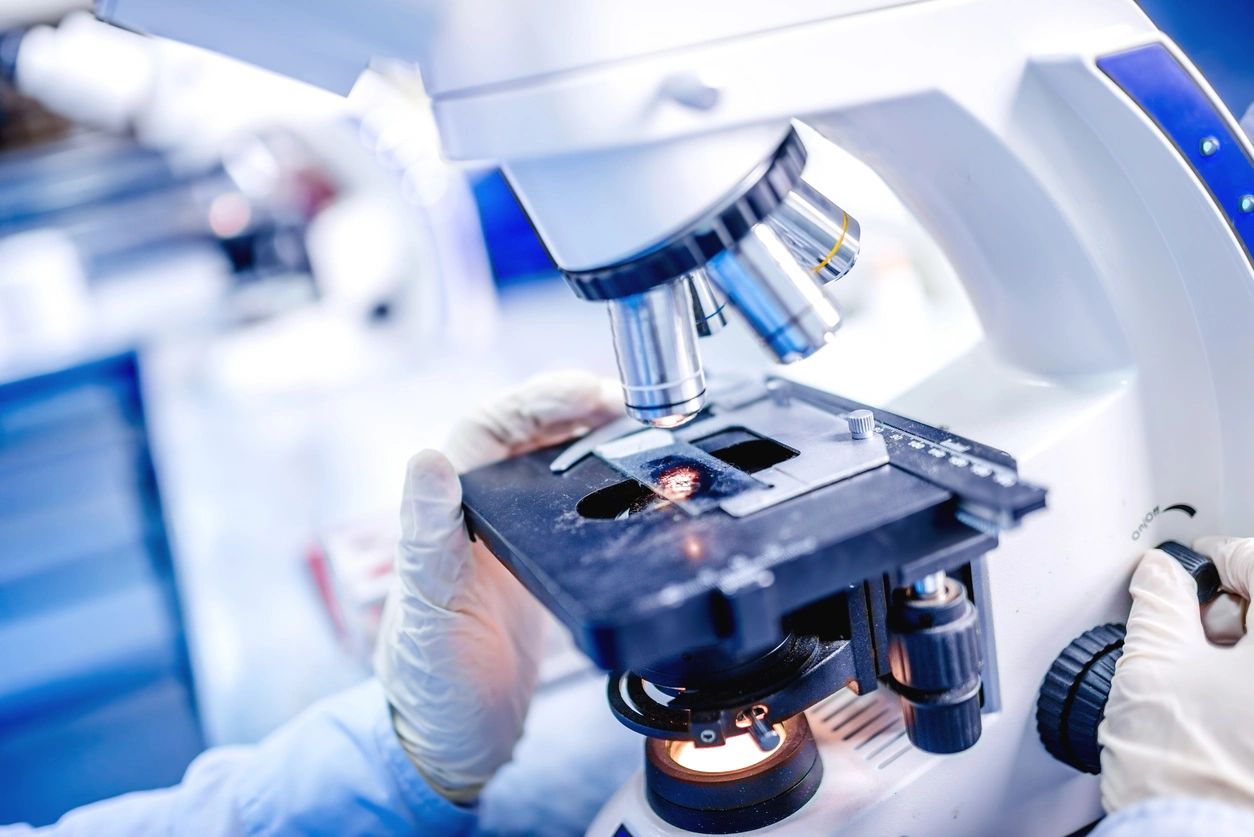
Exact Sciences presents new data on biomarkers in the blood that can signal for cancer
Exact Sciences recently presented new data from a multi-cancer early detection biomarker validation study that showed the performance of four biomarkers found in the blood that can signal the presence of cancer in the body.
While headquartered in Madison, Wisconsin, Exact Science has a significant presence on the Phoenix Bioscience Core in the TGen Building.
The data, presented at the 2022 European Society for Medical Oncology Congress, showed four biomarker classes that were discovered years of collaboration with Johns Hopkins and Mayo Clinic and analyzed together for the first time in this study, demonstrated the ability to detect cancer signal from 15 organ sites.
“Cancer releases a diverse set of biomarkers into the blood that can be harnessed to detect the devastating disease at earlier stages,” said Tom Beer, M.D., F.A.C.P., chief medical officer and vice president, multi-cancer early detection, Exact Sciences, in a release. “These data demonstrate in a large, well-designed case-control study that combining different cancer biomarkers improves cancer detection, especially in stages I and II, when treatment may be more effective for patients. This is a major step forward in our mission to detect cancer earlier before signs and symptoms appear.”
The retrospective, case-control study included cancers from 11 organ sites with no recommended screening option today and 15 organ sites and tissue in total, including breast, bladder, colon, esophageal, kidney, liver, lung, multiple myeloma, myelodysplastic syndrome, non-Hodgkin’s lymphoma, ovarian, pancreatic, prostate, stomach, and uterine. The non-cancer control cohort included age-matched, presumably healthy individuals and samples from individuals with non-cancer diseases to represent the intended use population more effectively.
Many cancers can be cured if detected early and treated effectively. Yet cancer remains the second leading cause of death worldwide, accounting for approximately 1 in every 6 deaths, with no recommended screening tests available for 70 percent of cancer diagnoses, the release said.
More news from the PBC
- PBC Arts Committee Student Grant to showcase student research and innovation through art
- Ten Arizona research teams earn $100K Flinn Foundation seed grants
- Unlocking the immune system’s potential to fight skin cancer
- ASU professor named Rural Health Fellow
- Phoenix Bioscience Core Unveils XLR8 PBC to Propel Scale-Ready Health Tech Companies
- ASU selected as home and partner for CHIPS and Science Act-funded national facility for semiconductor advanced packaging
- $3.9 Million Grant Seeks to Expand Primary Care and Rural Tracks for Medical Student Training in Arizona
